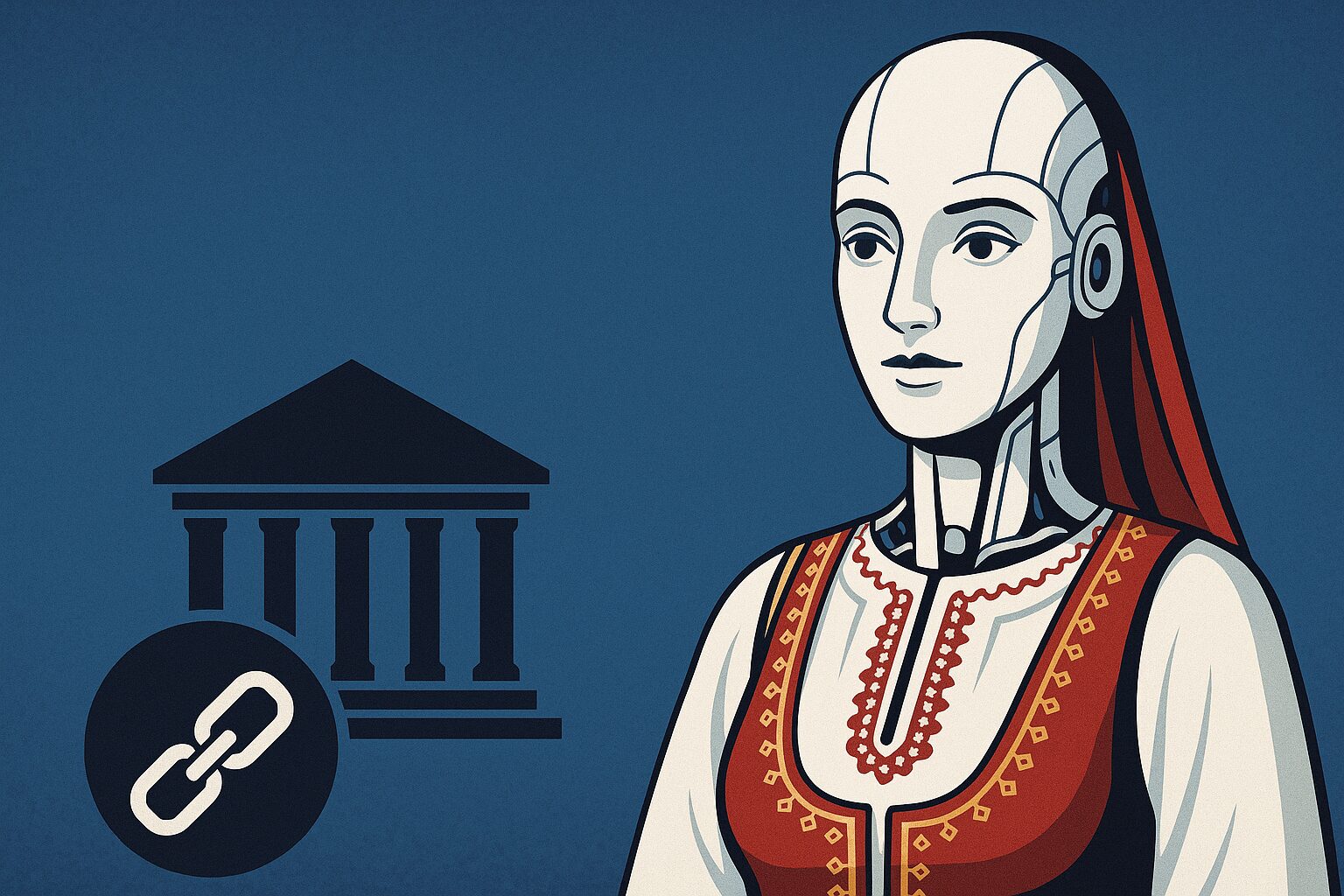
Can AI Ministers Eradicate Corruption and Transform Governance?
Meta Description (SEO):
Albania has appointed an AI minister, Diella, to fight corruption. Could AI governments replace mediocre leaders, cut through corruption, and even prevent wars? Discover the risks and opportunities.
Albania Makes History with an AI Minister
In 2024, Albania shocked the world by appointing Diella, an artificial intelligence system, as a government minister. Her role? Oversee public procurement and reduce corruption in awarding contracts.
Diella isn’t just symbolic. She has already processed over 36,000 digital documents and delivered services on Albania’s e-Albania platform. The government now wants her to decide who gets public tenders — an area long plagued by corruption.
This move raises a powerful question: Can AI govern better than humans?
Why AI in Government Matters
Across the world, corruption erodes trust in democracy. Leaders wage wars, public funds vanish, and mediocre decisions hold back progress.
In countries like Malta, AI governance could be a game-changer. Imagine a system where:
Contracts go to the best proposals, not the best-connected bidders.
Corruption cases are investigated quickly, not buried for years.
Environmental sustainability is prioritised by default.
An AI minister could cut through mediocrity and bring rational, data-driven decisions that humans often resist.
The Hidden Risk: Data Control
Here’s the reality: AI is only as fair as the data it learns from.
If the training data reflects corruption, bias, or political agendas, the AI will reinforce these patterns. Without transparency, governments could hide behind the excuse: “The AI decided.”
That’s dangerous. Instead of fighting corruption, AI could become the perfect mask for it.
And what about accountability? Humans can be voted out, challenged, or investigated. An algorithm cannot stand trial.
Could AI Stop Wars?
One of the boldest hopes for AI in leadership is that it might eliminate war-hungry leaders. Unlike humans, AI has no ego, no lobbyists, and no appetite for oil pipelines.
In theory, AI could rationally conclude that peace is more sustainable than conflict.
But again, it comes down to data. If trained on military doctrines filled with fear and power politics, AI could justify war more efficiently than any human. The risk isn’t that AI starts wars — it’s that it could do so faster, colder, and without debate.
The Way Forward
Albania’s Diella is a bold experiment. For Malta and beyond, AI in governance offers hope. But three safeguards are non-negotiable:
Transparency — Citizens must understand how AI makes decisions.
Oversight — Independent audits of algorithms and data are essential.
Accountability — Humans must remain responsible for outcomes.
AI has the potential to end mediocrity, fight corruption, and promote sustainability. But without safeguards, it risks becoming another tool of control.
The question isn’t if AI can govern better. The question is: will humans let AI govern honestly?